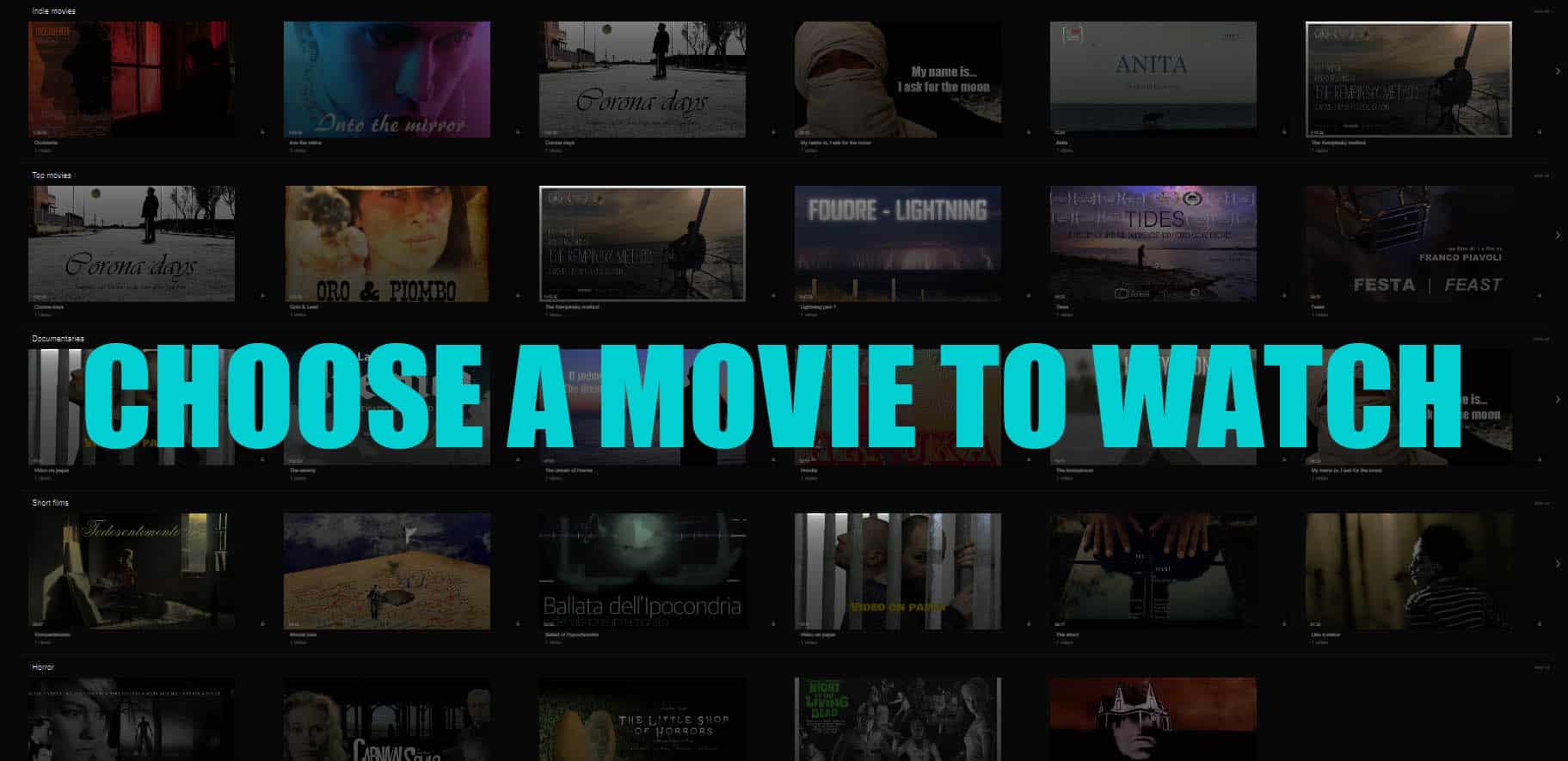Aleksandr Sokurov is a name that may be unfamiliar to some, but in the world of cinema, he is considered a master. The Russian filmmaker has gained international recognition for his thought-provoking and visually stunning films. His work often explores themes of history, power, and the human condition. Sokurov is known for his long takes, unconventional narrative structures, and use of symbolism. He has been compared to other great filmmakers such as Andrei Tarkovsky and Ingmar Bergman. In this article, we will delve into the life and career of Aleksandr Sokurov and take a closer look at some of his most acclaimed films.
Early Life and Career

From Documentary Filmmaker to Feature Films
Aleksandr Nikolaevich Sokurov was born on June 14, 1951, in Podorvikha, Irkutsk Oblast, Russian SFSR, Soviet Union. He grew up in a small village in Siberia and had a passion for art from a young age. After graduating from high school, Sokurov moved to Moscow to study filmmaking at the Gerasimov Institute of Cinematography. He graduated in 1979 and began working as a documentary filmmaker.
Sokurov’s early films were mostly short documentaries and experimental films. These early works showcased his unique style and visual language, which would become a trademark of his future feature films. Some of his notable works from this period include “Elegy” (1985) and “Moscow Elegy” (1988).
In 1987, Sokurov made his feature film debut with “The Lonely Voice of Man”. The film follows an elderly man who reflects on his life while waiting for a train. Even in his first feature, Sokurov’s signature style was evident. The film received critical acclaim and marked the beginning of Sokurov’s rise to prominence in the world of cinema.
Golden Lion at Venice Film Festival
The following year, Sokurov released “Mother and Son” (1997), which won the prestigious Golden Lion at the Venice Film Festival. The film is a powerful exploration of the relationship between a dying mother and her son. It showcases Sokurov’s ability to capture deep emotional moments while using minimal dialogue and long takes. “Mother and Son” solidified Sokurov’s place as a master filmmaker and brought him international recognition.
Breakthrough with Russian Ark
A Cinematic Masterpiece
Sokurov’s breakthrough film came in 2002 with “Russian Ark”. The film is a single, continuous shot that takes the viewer on a journey through the Hermitage Museum in Saint Petersburg. The 96-minute long shot was filmed with a cast of over 2,000 actors and is a technical marvel. “Russian Ark” is also a visually stunning masterpiece that showcases Sokurov’s love for art and history.
The film was a critical and commercial success, becoming the first Russian film to be nominated for an Academy Award for Best Foreign Language Film. It also received numerous accolades including the European Film Award for Best Cinematography. “Russian Ark” brought Sokurov even more international acclaim and established him as a major figure in world cinema.
Behind the Scenes
Filming “Russian Ark” was an ambitious undertaking, and Sokurov had to overcome many challenges to bring his vision to life. One of the biggest challenges was coordinating the movements of the 2,000 actors involved in the film. To achieve this, Sokurov used a system of hand signals to communicate with the actors during filming. He also had to navigate through the intricate and crowded rooms of the Hermitage Museum while keeping the camera steady. The result is a seamless and mesmerizing journey through Russian history.
In addition to its technical achievements, “Russian Ark” also showcases Sokurov’s unique approach to storytelling. The film combines elements of documentary, drama, and fantasy to create a dreamlike experience for the viewer. Sokurov uses the character of the “European” (played by Sergei Donchenko) as a guide through the museum, providing historical context and philosophical musings. The film is a testament to Sokurov’s mastery of cinematic language and his ability to transport viewers into a different world.
Later Films

Inspire and Challenge Audiences
Sokurov has continued to make acclaimed films in recent years, solidifying his place as one of the greatest filmmakers of our time. In 2005, he released “Father and Son”, which won the Golden Lion at the Venice Film Festival. The film is a meditative exploration of the relationship between a father and his son, set against the backdrop of the beautiful Crimean landscapes. Once again, Sokurov’s use of long takes and symbolism creates a poetic and thought-provoking experience for the viewer.
In 2011, Sokurov released “Faust”, a loose adaptation of Goethe’s play of the same name. The film won the Golden Lion at the Venice Film Festival and was praised for its haunting visuals and performances. It also received an Academy Award nomination for Best Foreign Language Film. Sokurov’s interpretation of the classic story is a powerful examination of human nature and the pursuit of knowledge.
Sokurov’s most recent work, “Francofonia” (2015), is a personal and poetic exploration of art, war, and survival. The film focuses on the Louvre Museum in Paris during the Nazi occupation and raises questions about the value of art in times of conflict. “Francofonia” received critical acclaim and once again showcases Sokurov’s unique blend of documentary and fiction.
Awards and Recognition
Sokurov’s contribution to cinema has not gone unnoticed, as he has received numerous awards and accolades throughout his career. In addition to the Golden Lions at the Venice Film Festival, “Russian Ark” also won the FIPRESCI Prize and the Cinematography Award at the European Film Awards. Sokurov was also awarded the Order of Arts and Letters by the French government in 2003 for his significant contributions to the arts.
In 2011, Sokurov received a special award at the Cannes Film Festival for his lifetime achievements in filmmaking. He has also been honored with retrospectives of his work at major film festivals such as the Toronto International Film Festival and the Berlin International Film Festival. Sokurov’s films continue to inspire and challenge audiences around the world, cementing his place as one of the greatest filmmakers of our time.
Legacy
A Master of Cinema
Aleksandr Sokurov’s legacy in the world of cinema is undeniable. His thought-provoking and visually stunning films have captivated audiences and influenced many filmmakers. Sokurov’s use of long takes, symbolism, and unconventional narrative structures have become trademarks of his style and have inspired countless other directors.
Sokurov’s films are not just about entertainment; they are a reflection of the human condition. He explores complex themes such as power, history, and the search for meaning, inviting viewers to question their own beliefs and perceptions. Sokurov’s work is rich in symbolism and requires active engagement from the audience, making his films a truly immersive experience.
Comparison to Other Great Filmmakers
Throughout his career, Sokurov has been compared to other legendary filmmakers such as Andrei Tarkovsky and Ingmar Bergman. Like Tarkovsky, Sokurov’s films are characterized by slow pacing, long takes, and use of symbolism. Both filmmakers also explored themes of history and the human condition in their work. Ingmar Bergman, on the other hand, also shares similarities with Sokurov in terms of his introspective and philosophical approach to storytelling.
The comparisons to these great filmmakers speak volumes about Sokurov’s place in the world of cinema. He has carved a unique path for himself, creating masterful works that have left a lasting impact on audiences and filmmakers alike.
Aleksandr Sokurov is a master of Russian cinema, whose films continue to inspire and challenge audiences around the world. His unique style and thought-provoking explorations of the human condition have earned him international recognition and solidified his place as one of the greatest filmmakers of our time. With each new film, Sokurov pushes the boundaries of cinematic language and invites viewers on a journey into the depths of the human psyche.
Filmography
- 1987: Mournful Unconcern
- Genre: Drama
- Runtime: 105 minutes
- Plot: The film follows the lives of several people in a small town in the Soviet Union during the 1970s. The film explores themes of loss, grief, and the difficulty of living in a totalitarian society.
- 1987: The Lonely Voice of Man
- Genre: Documentary
- Runtime: 74 minutes
- Plot: The film consists of interviews with several people who were forced to live in exile during the Soviet Union. The film explores the challenges of living in exile and the impact it had on their lives.
- 1988: Days of Eclipse
- Genre: Drama
- Runtime: 110 minutes
- Plot: The film tells the story of a group of people who are trying to find meaning in their lives in the aftermath of a nuclear war. The film explores themes of hope, redemption, and the search for meaning in a chaotic world.
- 1989: Save and Protect
- Genre: Drama
- Runtime: 92 minutes
- Plot: The film tells the story of a young woman who is forced to work as a prostitute in order to survive in the Soviet Union. The film explores themes of poverty, prostitution, and the struggles of women in a totalitarian society.
- 1990: The Second Circle
- Genre: Drama
- Runtime: 102 minutes
- Plot: The film tells the story of a group of people who are trying to escape from the Soviet Union. The film explores themes of freedom, hope, and the challenges of living in a totalitarian society.
- 1992: The Stone
- Genre: Drama
- Runtime: 101 minutes
- Plot: The film tells the story of a young woman who is trying to find her place in the world after the fall of the Soviet Union. The film explores themes of identity, loss, and the search for meaning in a changing world.
- 1994: Whispering Pages
- Genre: Drama
- Runtime: 102 minutes
- Plot: The film tells the story of a young man who is trying to find his way in life after the fall of the Soviet Union. The film explores themes of identity, loss, and the search for meaning in a changing world.
- 1997: Mother and Son
- Genre: Drama
- Runtime: 105 minutes
- Plot: The film tells the story of a mother and son who are trying to come to terms with the death of their husband and father. The film explores themes of grief, loss, and the struggle to move on with life.
- 1999: Moloch
- Genre: Historical drama
- Runtime: 124 minutes
- Plot: The film tells the story of the relationship between Adolf Hitler and Eva Braun. The film explores themes of power, love, and the destructive nature of totalitarianism.
- 2001: Taurus
- Genre: Drama
- Runtime: 105 minutes
- Plot: The film tells the story of a group of people who are trying to find meaning in their lives in the aftermath of the fall of the Soviet Union. The film explores themes of hope, redemption, and the search for meaning in a chaotic world.
- 2002: Russian Ark
- Genre: Historical drama
- Runtime: 96 minutes
- Plot: The film tells the story of a Russian museum guard who is transported back in time to the 18th century. The film explores themes of history, art, and the nature of time.
- 2003: Father and Son
- Genre: Drama
- Runtime: 112 minutes
- Plot: The film tells the story of a father and son who are trying to come to terms with their relationship. The film explores themes of love, loss, and the struggle to let go.
- 2005: The Sun
- Genre: Historical drama
- Runtime: 106 minutes
- Plot: The film tells the story of Emperor Hirohito of Japan during World War II. The film explores themes of power, responsibility, and the consequences of war.
- 2007: Alexandra
- Genre: Historical drama
- Runtime: 112 minutes
- Plot: The film tells the story of Alexandra Feodorovna, the last empress of Russia. The film explores themes of power, love, and the tragic consequences of revolution.
- 2011: Faust
- Genre: Fantasy drama
- Runtime: 121 minutes
- Plot: The film is a loose adaptation of the German legend of Faust. The film explores themes of power, knowledge, and the human condition.
- 2015: Francofonia
- Genre: Historical drama
- Runtime: 93 minutes
- Plot: The film tells the story of the Louvre Museum during the Nazi occupation of Paris during World War II. The film explores themes of art, culture, and the power of resistance.
- 2022: Fairytale
- Genre: Drama
- Runtime: 121 minutes
- Plot: The film tells the story of a lonely school librarian who meets a mysterious woman who claims to be a mythological creature.



